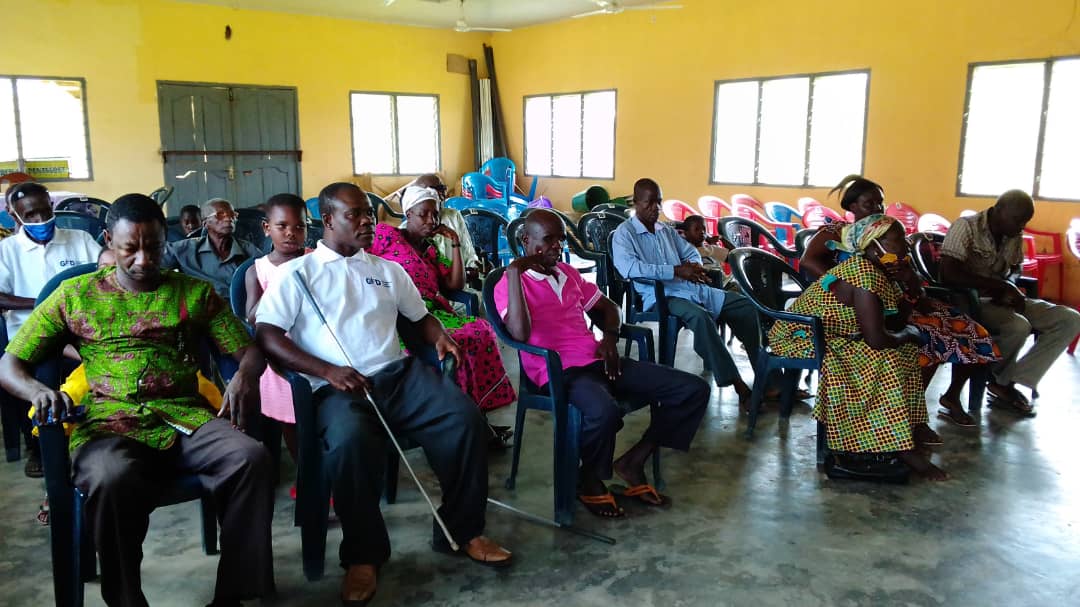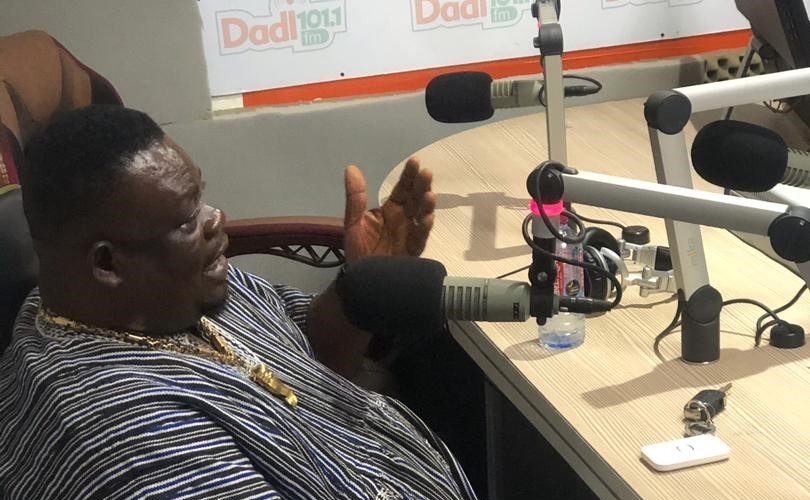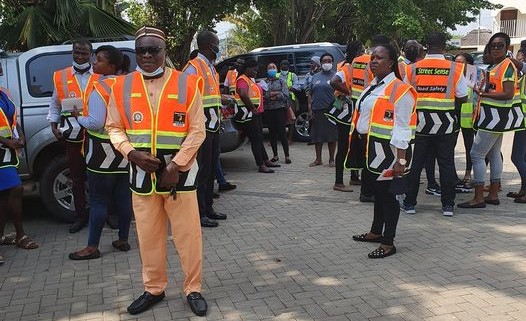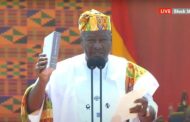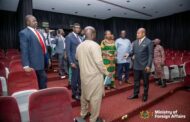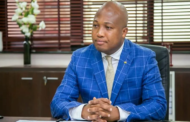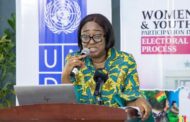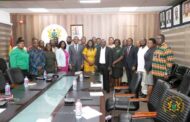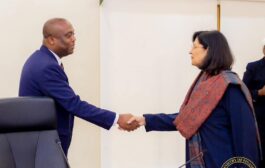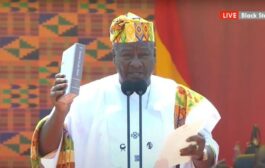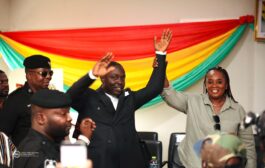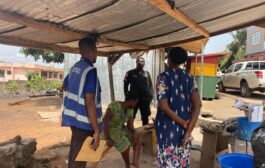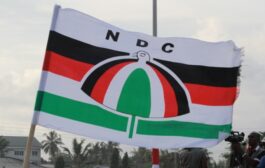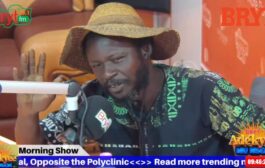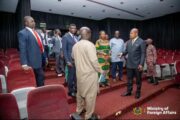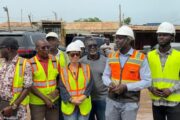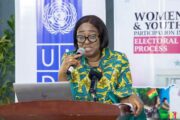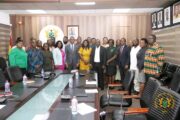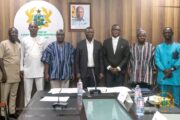The Bibiani District Electoral Commission (EC) has sensitized members of the Bibiani Anhwiaso Bekwai Blind Union on how to use tactile ballots to vote independently and secretly during the December 7 Presidential and Parliamentary elections.
A tactile voting device enables a visually impaired person to thumbprint a ballot paper in secret.
The plastic device is attached to a ballot paper and consists of several flaps, each covering one of the boxes on the paper. A number, corresponding to the box covered, is embossed in black on each flap. The number shows up well against the white background of the ballot paper and is raised so it can be identified by touch.
Once the voter knows which number corresponds to each candidate or option, they lift the relevant flap or flaps, so they know where to thumbprint.
A prototype was used to teach the visually impaired voters how to vote with the tactile ballots.
Mr. Francis Addaie Boateng, the Bibiani Anhwiaso Bekwai District Electoral Commission (EC) Officer in an interview with Hamza Mohammed after the training said the move was to ensure that people with visual impairment were not denied the opportunity to exercise their franchise in identifying and voting for the candidate of their choice.
Mr. Boateng emphasized that the training would enable them to know the number of tactile jackets to be issued out on the day of elections and to improve good turnout. He added that the electoral commission has fully prepared for free and fair elections.
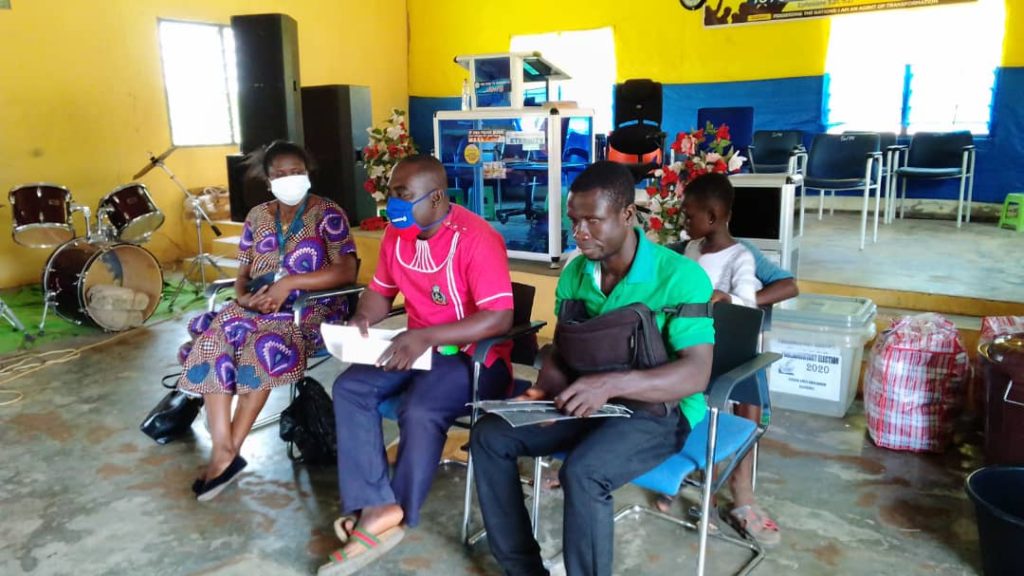
Mr. Fred Armah Tawiah, the president of Bibiani Anhwiaso Bekwai Municipal Blind Union thanked the electoral commission for the training hoping it will enhance secret balloting.
He entreated politicians to consider the vulnerable in society – visually impaired, children, and pregnant women to ensure that this year’s election is peaceful.
He encouraged persons with disabilities to come out in their numbers to vote on December 7.
Representatives of the Ghana Electoral Commission and the Ghana Association of the Blind have jointly developed a ballot guide that will allow voters who are blind in Ghana to vote independently and in secret. A prototype of the ballot guide was designed during a two-day workshop in Accra on February 18 and 19, 2002.
Source: Mybrytfmonline.com/Obed Ansah



